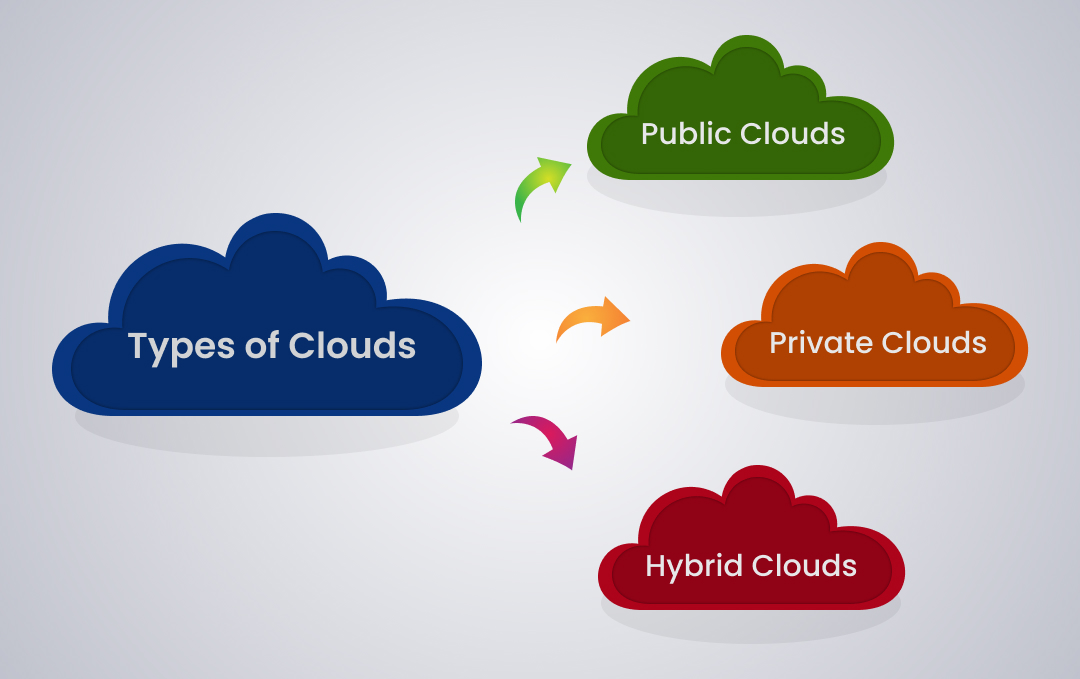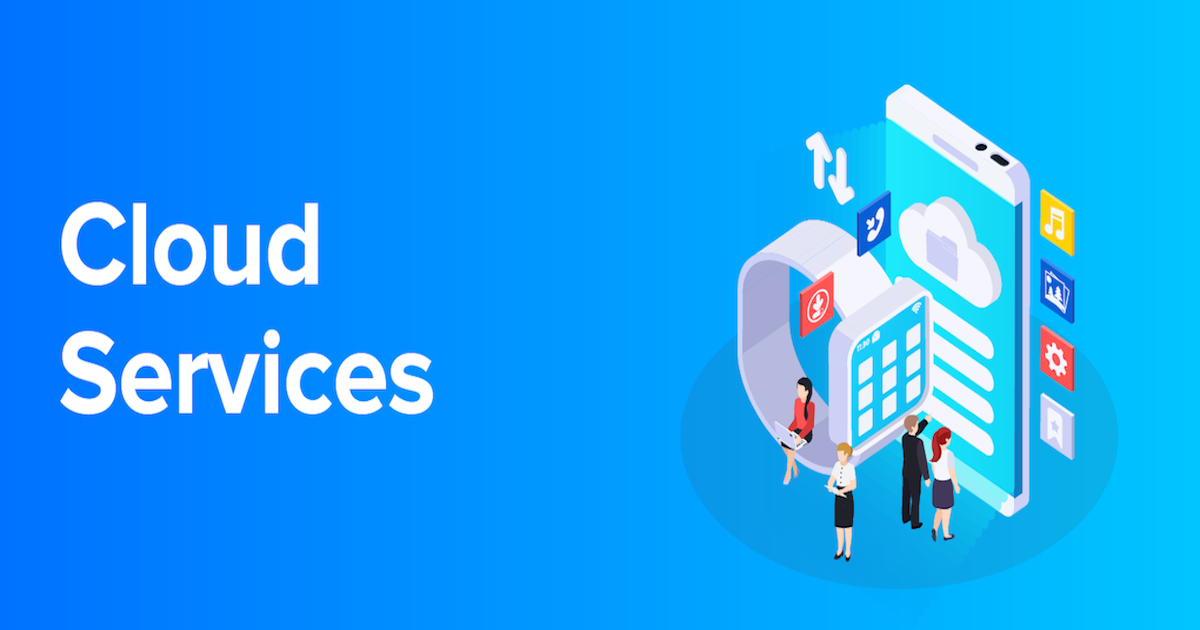Secure Your Information: Reputable Cloud Providers Explained
In an era where data violations and cyber risks impend big, the need for robust information protection actions can not be overemphasized, particularly in the realm of cloud services. The landscape of reliable cloud solutions is advancing, with encryption strategies and multi-factor authentication standing as columns in the stronghold of delicate info.
Importance of Data Protection in Cloud Solutions
Making certain robust information security actions within cloud services is vital in guarding sensitive information against possible risks and unapproved gain access to. With the boosting reliance on cloud services for storing and processing information, the requirement for rigorous safety and security methods has become extra essential than ever. Information violations and cyberattacks pose significant dangers to organizations, resulting in economic losses, reputational damages, and lawful effects.
Executing solid verification mechanisms, such as multi-factor verification, can assist prevent unauthorized accessibility to cloud information. Routine security audits and susceptability analyses are also important to identify and attend to any kind of powerlessness in the system promptly. Enlightening staff members about best methods for data safety and security and enforcing strict gain access to control policies better boost the total protection posture of cloud services.
Furthermore, conformity with market regulations and requirements, such as GDPR and HIPAA, is vital to ensure the security of sensitive data. Security techniques, protected information transmission procedures, and information back-up treatments play vital duties in safeguarding information kept in the cloud. By focusing on data security in cloud solutions, organizations can mitigate dangers and develop count on with their consumers.
File Encryption Strategies for Data Security
Effective data security in cloud solutions depends heavily on the implementation of durable file encryption techniques to secure sensitive info from unapproved gain access to and possible security violations (cloud services press release). Security entails converting information into a code to protect against unapproved individuals from reviewing it, ensuring that also if information is obstructed, it stays indecipherable.
Additionally, Transportation Layer Safety (TLS) and Secure Sockets Layer (SSL) procedures are frequently used to secure information during transit in between the individual and the cloud web server, providing an extra layer of security. Security crucial management is vital in maintaining the honesty of encrypted information, making sure that keys are securely saved and managed to stop unapproved access. By executing solid security strategies, cloud service companies can boost information security and impart count on their individuals concerning the security of their information.

Multi-Factor Verification for Enhanced Safety
Building upon the structure of robust security strategies in cloud services, the implementation of Multi-Factor Verification (MFA) works as an extra layer of safety and security to boost the protection of sensitive information. MFA requires customers to offer two or more types of confirmation prior to approving accessibility to their accounts, making it considerably harder for unapproved people to breach the system. This verification method generally entails something the individual understands (like a password), something they have (such as a smart phone for receiving verification codes), and something they are (like a fingerprint or facial recognition) By combining these aspects, MFA reduces the danger of unauthorized access, even if one variable is endangered - Cloud Services. This added protection action visit our website is crucial in today's electronic landscape, where cyber dangers are significantly sophisticated. Carrying out MFA not only safeguards data however likewise boosts individual confidence in the cloud provider's commitment to data protection and personal privacy.
Data Back-up and Catastrophe Healing Solutions
Carrying out durable data back-up and calamity recovery services is essential for protecting crucial information in cloud services. Data backup entails creating copies of information to guarantee its availability in case of information loss or corruption. Cloud services provide automated backup choices that frequently save data to protect off-site servers, decreasing the threat of information loss because of hardware failures, cyber-attacks, or customer mistakes. Calamity healing services concentrate on bring back data and IT facilities after a disruptive event. These services consist of failover systems that instantly switch over to backup servers, information duplication for real-time back-ups, and recuperation methods to lessen downtime.
Cloud company usually provide a variety of back-up and catastrophe recuperation alternatives tailored to fulfill different demands. Businesses have to evaluate their data requirements, recovery time goals, and budget plan constraints to pick the most appropriate solutions. Routine screening and updating of backup and calamity healing strategies are important to guarantee their efficiency in mitigating data loss and reducing interruptions. By implementing reputable data back-up and catastrophe recovery options, companies can enhance their information safety and security position and preserve business continuity in the see this site face of unanticipated occasions.

Compliance Specifications for Data Privacy
Provided the boosting focus on data security within cloud solutions, understanding and adhering to conformity standards for data personal privacy is critical for companies operating in today's digital landscape. Compliance requirements for information privacy include a collection of standards and policies that companies should follow to guarantee the defense of sensitive info saved in the cloud. These criteria are made to secure data versus unauthorized accessibility, violations, and abuse, thus cultivating count on in between companies and their customers.
Among the most well-known conformity standards for information personal privacy is the General Information Defense Policy (GDPR), which uses to organizations dealing with the individual information of individuals in the European Union. GDPR mandates rigorous demands for information collection, storage, and processing, enforcing large fines on non-compliant services.
Additionally, the Medical Insurance Portability and Liability Act (HIPAA) establishes criteria for securing sensitive client health details. Following these conformity criteria not only aids companies avoid legal consequences but also demonstrates a commitment to data personal privacy and security, improving their online reputation among consumers and stakeholders.
Conclusion
Finally, making certain data safety and security in cloud solutions is extremely important to additional resources safeguarding sensitive details from cyber risks. By carrying out robust file encryption strategies, multi-factor verification, and reputable information backup remedies, organizations can alleviate risks of information breaches and preserve conformity with information personal privacy standards. Sticking to ideal techniques in data safety and security not just safeguards valuable information yet additionally fosters depend on with stakeholders and consumers.
In an age where data violations and cyber hazards loom large, the need for robust data protection actions can not be overemphasized, specifically in the realm of cloud services. Applying MFA not just safeguards information but additionally increases customer self-confidence in the cloud service provider's commitment to data security and privacy.
Information backup involves creating copies of data to ensure its schedule in the occasion of data loss or corruption. universal cloud Service. Cloud solutions provide automated back-up options that consistently conserve data to secure off-site servers, reducing the danger of data loss due to hardware failings, cyber-attacks, or individual errors. By executing robust file encryption techniques, multi-factor authentication, and reputable information backup services, companies can reduce threats of data violations and keep conformity with data privacy requirements